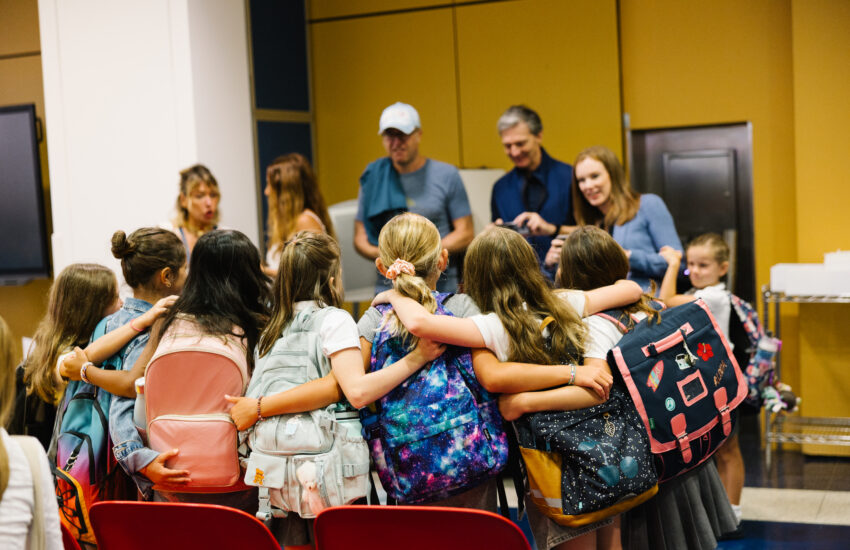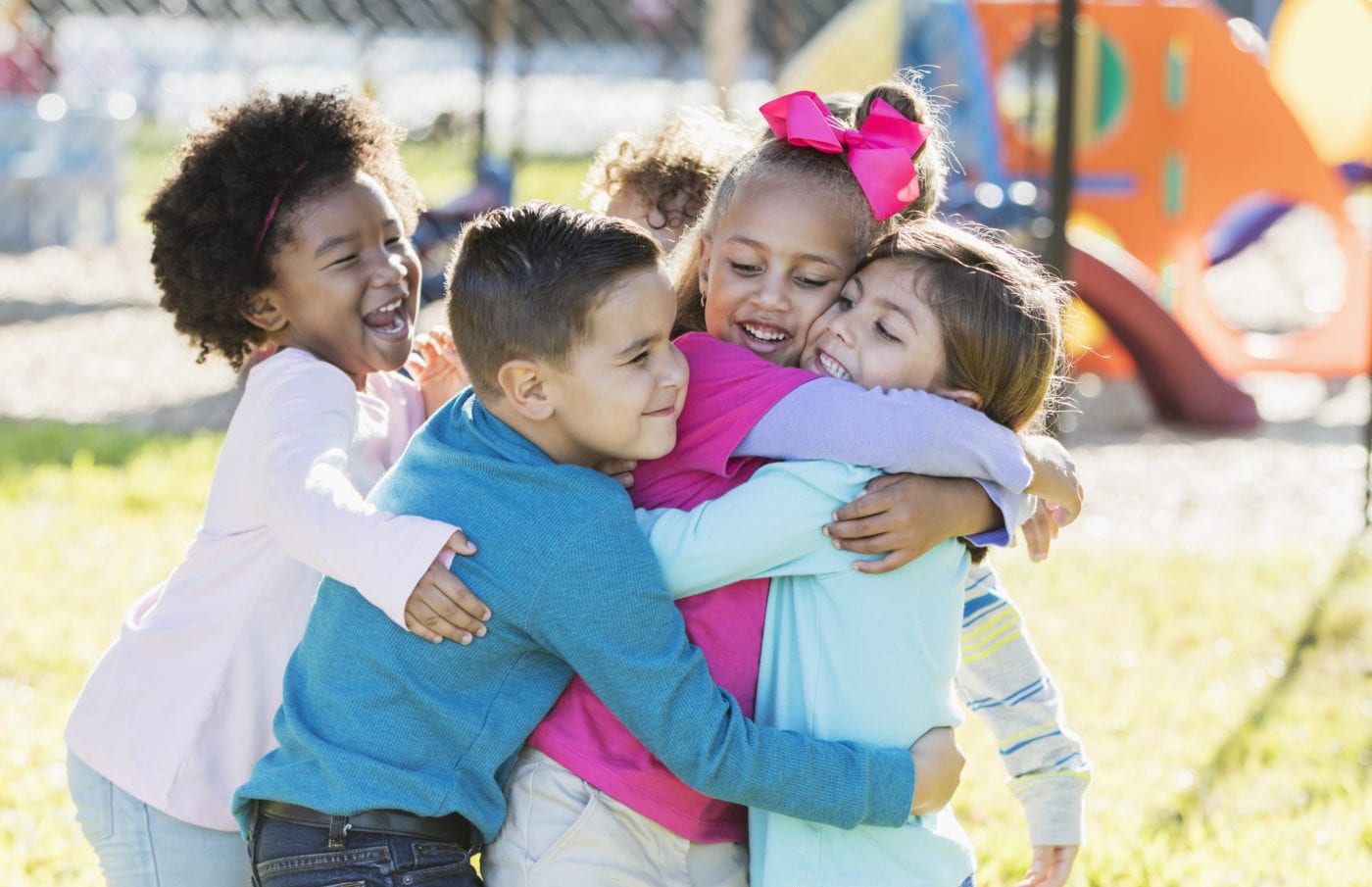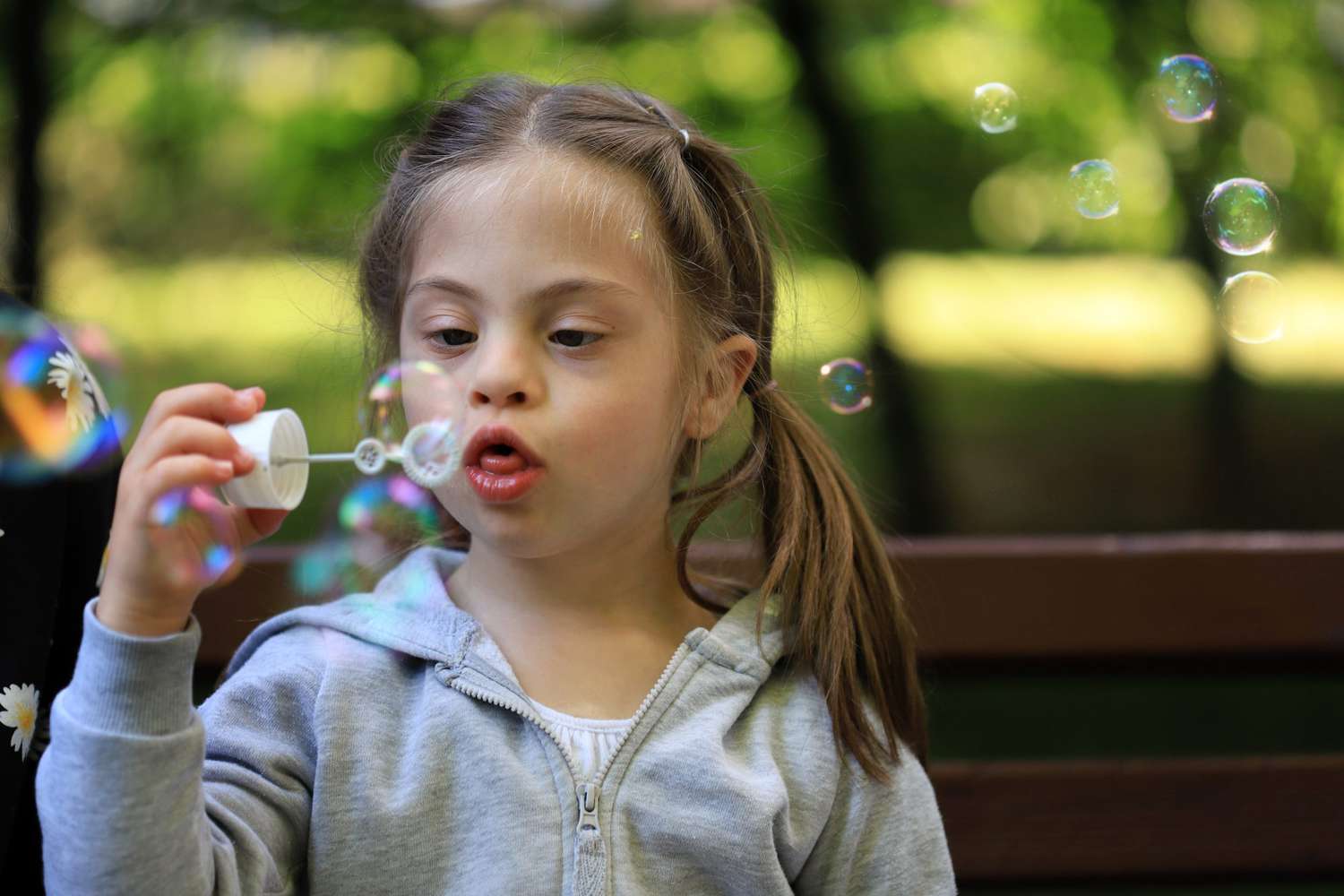Instilling Empathy in Kids for Emotional Intelligence Boost
To enhance your child’s emotional intelligence, nurturing empathy is key. By instilling empathy, you’re planting seeds of compassion and understanding that lead to fulfilling relationships and smoother social interactions. Encourage activities like role-playing and sharing circles to develop emotional awareness and cooperation in kids. As adults, modeling empathy sets a positive example for children to follow. Schools and cooperative games offer structured opportunities to cultivate empathy further. By fostering empathy, you’re providing your child with essential skills for maneuvering conflicts, understanding others’ perspectives, and fostering harmonious connections.
Key Takeaways
- Encourage perspective-taking to understand others’ feelings and viewpoints.
- Practice active listening skills to demonstrate respect and understanding.
- Engage in cooperative games promoting collaboration and empathy.
- Model empathy in interactions to set a positive example for children.
- Participate in empathy workshops or activities to enhance emotional intelligence.
Benefits of Empathy in Children

Understanding the benefits of empathy in children can help foster a more compassionate and understanding society. Empathy benefits not only the individuals receiving it but also those expressing it. In childhood growth, empathy plays an essential role in shaping emotional intelligence and promoting developmental benefits.
By embracing empathy, children learn to recognize and understand the emotions of others, leading to healthier relationships and improved social interactions. This emotional intelligence allows them to navigate conflicts more effectively and communicate their feelings with empathy and understanding.
Additionally, developing empathy in children fosters a sense of kindness, generosity, and altruism, contributing to a more harmonious community.
Research indicates that children who exhibit empathy tend to have higher self-esteem and are more likely to succeed academically. Encouraging empathy in children from a young age not only benefits their individual growth but also contributes to building a more empathetic and compassionate society for the future.
Empathy Building Activities
To nurture empathy in children, engaging in empathy-building activities can be both fun and impactful. Empathy building workshops offer a structured environment for kids to learn about identifying and understanding emotions in others. Role-playing games can be particularly effective in helping children step into someone else’s shoes and see the world from a different perspective. These activities encourage communication, cooperation, and emotional awareness.
Empathy building exercises are another great way to enhance children’s empathy skills. Through activities like sharing circles, where kids can express their feelings and listen to others, they learn the importance of empathy in forming connections. Empathy journaling is a personal and reflective exercise where children can write about their own emotions and practice understanding how others might feel in similar situations.
Modeling Empathy as Adults
Demonstrating empathy as adults is essential in setting a positive example for children to learn and emulate. By leading by example and showing compassion in your interactions with others, you provide children with a tangible model of empathetic behavior. Children observe and absorb the way adults respond to different situations, shaping their understanding of empathy.
When you actively listen to someone sharing their feelings, you demonstrate the importance of validating emotions. Expressing empathy through your words and actions teaches children to take into account the feelings of others and respond with kindness. Remember, children are always watching and learning from the adults around them.
Modeling empathy involves being attentive to others’ needs, offering support, and showing understanding without judgment. By showing compassion towards others, you create a nurturing environment where empathy can flourish. Your actions speak volumes, and by embodying empathy in your daily interactions, you instill valuable lessons that children will carry with them throughout their lives.
Cultivating Empathy in Schools

Let’s talk about how schools can play an essential role in nurturing empathy in children.
School-based empathy programs can provide structured opportunities for students to understand and practice empathy towards their peers and the community.
Educators, as mentors and role models, have the power to instill empathy through their actions, discussions, and the curriculum they choose to teach.
School-Based Empathy Programs
Engaging students in school-based empathy programs can greatly enhance their ability to understand and connect with others on a deeper level. These programs often thrive with robust parent involvement and strong community partnerships. By working together, schools, parents, and communities can create a supportive environment that nurtures empathy in children.
In today’s digital age, schools are increasingly turning to online resources and virtual workshops to supplement traditional empathy-building activities. These tools offer innovative ways to teach empathy skills, such as perspective-taking and active listening, in engaging and interactive ways.
Virtual workshops, in particular, provide a platform for students to practice empathy in a safe and controlled environment, helping them develop essential emotional intelligence skills.
Role of Educators
Educators play an essential role in cultivating empathy in schools by modeling compassionate behavior and fostering a culture of understanding and kindness among students. Through educator training and participation in empathy workshops, teachers can enhance their own emotional literacy and develop strategies to impart these essential skills to their students. By incorporating empathy-building activities into the curriculum, educators can create a classroom culture that prioritizes compassion and empathy.
Empathy workshops provide educators with the tools to teach students how to understand and share the feelings of others. These workshops also help teachers recognize the diverse emotions present in their classrooms, allowing them to address individual needs effectively. By promoting empathy in schools, educators can nurture a supportive environment where students feel valued and understood.
Teaching Empathy Through Play
Let’s explore how play can be a powerful tool in teaching empathy to children.
Role-playing allows kids to step into others’ shoes and understand different perspectives.
Sharing toys and engaging in cooperative games can help cultivate a sense of compassion and understanding towards others.

Role-Playing for Empathy
How can role-playing activities be utilized to teach empathy to children effectively?
Role-playing is a powerful tool that can help children develop empathy by allowing them to step into someone else’s shoes and understand different perspectives. Improv exercises, where children have the freedom to act out scenarios spontaneously, can enhance their ability to think on their feet and respond empathetically to others. Through dramatic play, children can explore emotions, problem-solving, and communication skills, fostering a deeper understanding of others’ feelings and experiences.
In role-playing scenarios, encourage children to take on different roles and personalities, challenging them to contemplate how others might feel in various situations. This hands-on approach helps children practice empathy in a safe and controlled environment, preparing them to navigate real-life interactions with compassion and understanding.
Sharing Toys Fosters Empathy
Exploring the act of sharing toys can serve as a practical way to nurture empathy in children through interactive play experiences. Toy sharing is a vital aspect of childhood that can greatly contribute to empathy development. By engaging in sharing, children learn to ponder the feelings and perspectives of others, enhancing their empathy skills and promoting positive social interactions.
When children share toys, they practice placing themselves in someone else’s shoes, understanding the joy or disappointment that sharing can bring. This simple act fosters empathy by encouraging children to acknowledge and respond to the emotions of their playmates.
Through sharing, children learn to communicate, negotiate, and cooperate, all essential skills for healthy social interactions.
Encouraging toy sharing not only benefits individual children but also contributes to a more empathetic and harmonious play environment. By promoting empathy through toy sharing, caregivers and educators can help children develop essential social and emotional skills that will serve them well throughout their lives.
Cooperative Games Build Empathy
Engaging in cooperative games with others is a powerful way to cultivate empathy in children, fostering essential social and emotional skills through interactive play experiences.
Team building activities that require cooperation, communication, and understanding of others’ perspectives are particularly effective in nurturing empathy. By working together towards a common goal, children learn to appreciate the importance of listening, compromise, and supporting their peers.
Empathy workshops often incorporate cooperative games as a means to teach children how to recognize and respond to the emotions of others. Through activities that promote collaboration and shared decision-making, kids develop a deeper understanding of empathy and its role in forming meaningful relationships.
These games provide a safe space for children to practice empathy in a fun and engaging manner, allowing them to experience firsthand the positive impact of considering others’ feelings.
Encouraging Perspective-Taking
Encouraging your child to contemplate other people’s feelings and viewpoints can help them develop empathy and understanding towards others. One effective way to foster this skill is by engaging in empathy workshops that provide interactive activities and discussions on the importance of considering different perspectives. These workshops can help children recognize the emotions of others and understand the impact of their actions on those around them.
In addition to workshops, incorporating perspective exercises into your child’s daily routine can further enhance their ability to empathize with others. Encourage your child to put themselves in someone else’s shoes by asking questions like, ‘How do you think they feel?’ or ‘Why do you think they reacted that way?’ These exercises can help your child develop a habit of considering the feelings and viewpoints of others before responding or taking action.
Practicing Active Listening Skills

To enhance your child’s empathy skills, focus on actively listening to others with genuine interest and attention. Active listening is a fundamental aspect of effective communication skills that can greatly boost your child’s emotional intelligence.
When your child practices active listening, encourage them to maintain eye contact, nod to show understanding, and ask questions to clarify what the other person is saying. By actively engaging in conversations, your child not only demonstrates respect for others’ perspectives but also learns to understand different emotions and viewpoints.
To help your child develop active listening skills, create opportunities for them to engage in meaningful conversations with family members, friends, and teachers. Encourage them to listen without interrupting, summarize what they’ve heard, and respond thoughtfully.
Fostering Empathy in Group Settings
To nurture empathy in group settings, emphasize the importance of understanding and respecting the perspectives of others. Empathy circles and group discussions provide a platform for individuals to share their feelings and experiences openly. Encouraging active participation in these settings helps foster a sense of connection and understanding among group members. Team building activities that focus on empathy can also be beneficial.
By engaging in empathy exercises, such as role-playing scenarios or problem-solving tasks that require considering others’ emotions, individuals can develop a deeper sense of empathy towards their peers. These activities promote a collaborative environment where empathy is valued and practiced regularly.
Creating a safe space where individuals feel comfortable expressing themselves without fear of judgment is essential in fostering empathy in group settings. By actively listening to others, acknowledging their emotions, and offering support when needed, group members can strengthen their empathetic skills and build stronger relationships within the group.
Empathy in Conflict Resolution
In conflict resolution, demonstrating empathy towards the perspectives and emotions of others is key to fostering understanding and finding mutually beneficial solutions. Empathy plays an essential role in maneuvering disagreements and finding common ground, whether in sports, friendships, or any other setting where conflicts arise.
Empathy can help players understand their teammates’ frustrations or challenges in sports, leading to better teamwork and improved performance. By putting themselves in their teammates’ shoes, athletes can offer support and encouragement, creating a more positive and cohesive team dynamic.
Similarly, in friendships, empathy is vital for resolving conflicts and maintaining strong, healthy relationships. When you empathize with your friend’s feelings and perspectives, you can communicate more effectively, address issues constructively, and strengthen your bond.
Ultimately, incorporating empathy into conflict resolution not only leads to peaceful outcomes but also enhances personal growth and emotional intelligence. By valuing and practicing empathy in all aspects of life, you can build stronger connections, resolve conflicts more effectively, and foster a more harmonious environment for everyone involved.
Frequently Asked Questions
How Can Parents Address Lack of Empathy in Their Child?
To address your child’s lack of empathy, try role-playing exercises and parent-child discussions. Engage in storytelling and provide volunteer opportunities. These experiences can help your child understand others’ feelings and perspectives, fostering empathy.
Are There Specific Techniques to Teach Empathy to Toddlers?
To teach empathy to toddlers, engage in role playing activities and storytelling exercises. These techniques help toddlers understand feelings and perspectives of others. By practicing empathy early, you are laying a strong foundation for their emotional intelligence growth.
Can Empathy Be Taught Effectively in Online Learning Environments?
In virtual empathy workshops, you can learn empathy effectively through online role-playing exercises. These interactive activities help you understand others’ feelings and perspectives, enhancing your emotional intelligence and ability to connect with people in various situations.
What Role Do Cultural Differences Play in Empathy Development?
Cultural influences shape empathy development by impacting how individuals perceive and express emotions. Understanding diverse perspectives fosters empathy. Embrace different cultures to broaden your empathy, developing a stronger ability to connect with others on a deeper emotional level.
Is There a Connection Between Empathy and Social Media Use in Kids?
Social media can influence empathy development in kids. Parental guidance and setting screen time limits are essential. Engage in open conversations about online interactions and encourage kindness. Balance virtual connections with real-world relationships for emotional growth.
Conclusion
To summarize, instilling empathy in kids is essential for their emotional intelligence development. By engaging in empathy-building activities, modeling empathetic behavior, and teaching empathy through play, children can learn to understand and connect with others on a deeper level.
Encouraging perspective-taking, practicing active listening skills, and fostering empathy in group settings all contribute to creating a more compassionate and understanding generation.
Let’s continue to prioritize empathy in children for a brighter and more empathetic future.

Hey there! 👋 I’m a proud mom and passionate writer, sharing my parenting journey. 📝 Join me as I navigate the ups and downs of motherhood, offering tips, advice, and a sprinkle of humor along the way. 🌟







